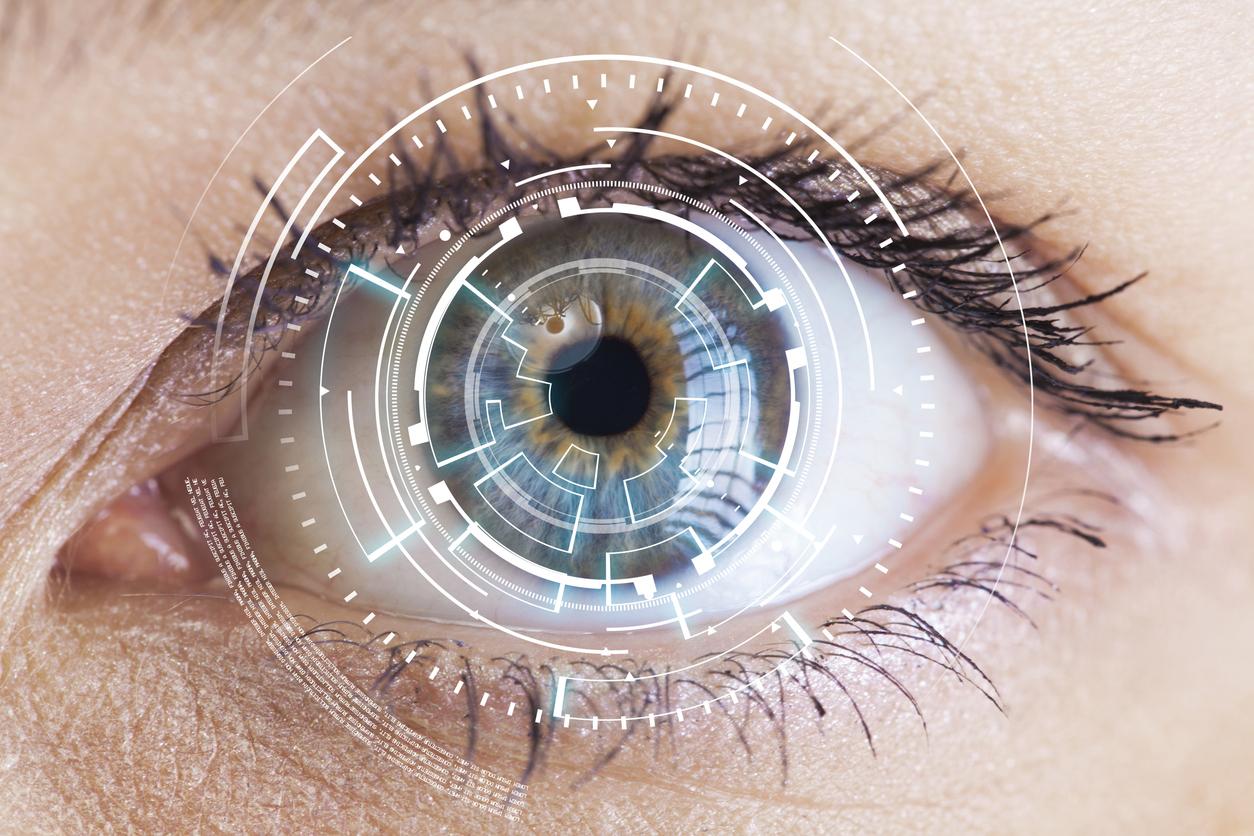American researchers have developed a tiny tattoo capable of detecting possible heart abnormalities.

Cardio-neurovascular diseases are a group of disorders affecting the heart and blood vessels. They expose to many acute or chronic complications, whether myocardial infarction, cerebrovascular accident (CVA), heart failure, chronic kidney failure, damage to the extremities of the limbs lesions, vascular dementia or vision problems. According to WHO, they are the leading cause of death in the world. Each year, 17.7 million people die from cardiovascular disease, representing 31% of total global mortality. Of these deaths, 7.4 million are thought to be due to coronary heart disease and 6.7 million to stroke, according to 2015 figures.
This is why, for several years, researchers and engineers have been developing electronic tattoos equipped with sensors to monitor patients’ heart parameters in order to detect any abnormality without them having to go regularly to restrictive medical appointments. But until then, these tools were bulky and difficult to carry. American researchers have now succeeded in developing a tiny electronic cardiovascular detection tattoo. The results of their study were published at the end of May in the journal Advanced Science.
Extremely discreet, this tattoo consists of a small “ultra-thin” and “extensible” graphene strip which adheres very well to the skin, explain the researchers from the University of Texas (United States). It is made up of tiny sensors: one for the electrocardiogram, the other for the seismo-cardiogram, the aim being to measure heart movements very precisely. The recorded data is then collected and stored on an application installed on a smartphone. The latter can also display live heartbeats.
A more complete and simpler follow-up
Thanks to its light weight, the tattoo could be placed over the heart for extended periods of time with reduced discomfort for patients, ultimately allowing for more comprehensive and easier monitoring of heart health as well as blood pressure.
This study is reminiscent of that of German researchers. A few weeks ago, scientists from the Munich University of Technology made a lot of noise when they announced the creation of a smart tattoo that changes color in case of health problem. As with conventional tattoos, the ink must penetrate under the superficial layer of the skin and reach the dermis.
Once in the patient’s skin and in contact with the veins, and thanks to colorimetric sensors sensitive to biological activity, the ink changes color according to the level of organic compound monitored. This technology would allow people with diabetes to monitor their glucose levels in a simple and reliable way. But the tattoo would also be able to indicate the level of acidity (PH) of the body, explained the researchers.
These products are still a long way from reaching the market
“It’s a very futuristic concept, which surprised many (…) the alternatives available today, such as self-adhesive patches, are not very reliable because they study sweat, a product that does not correctly reflect this happens in the blood,” Ali Yetisen, lead author of the study, explained to Science and Future. Before qualifying: “for the moment, nothing has been put in place yet, these are tracks”.
And this is also true for the University of Texas researchers’ smart tattoo. In either case, scientists must now expand their animal testing to ensure their device is safe before starting human clinical trials. Ultimately, this technological advance could also be applied to diagnose obstructive sleep apnea or even coronary artery disease.
In France, cardiovascular disease is the second leading cause of death, just behind cancer. “Despite four decades of declining mortality and morbidity thanks to prevention and therapeutic progress, they are still the cause of approximately 140,000 deaths per year”, explains the Ministry of Health.

.















